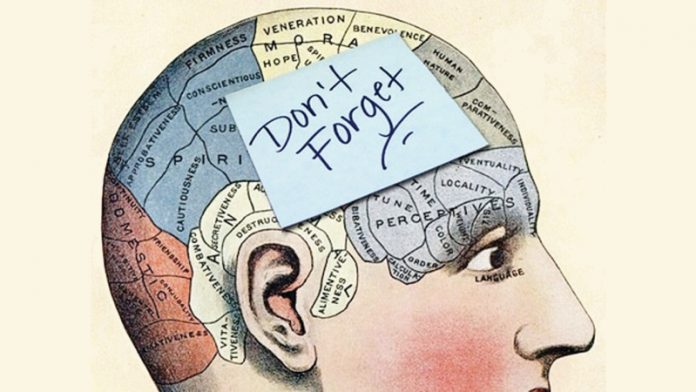
Small things slip people’s memory all of the time- appointments, due dates, errands, shopping lists, and countless other minute details. It’s no wonder that learned information such as class content or newly obtained work skills are similarly difficult to grasp before they are committed to memory. But how can you store this high-priority information into long-term, sustainable memory?
There are easy and simple ways to improve your memory and recall the information you need when you need it. Next time you’re finding yourself to be a bit forgetful, try out these 5 simple hacks to enhance your recollection skills.
1. Sleep
Maintaining a healthy sleep schedule is the most crucial aspect of optimal brain function. Allowing yourself to experience complete REM cycles while you’re sleeping, which typically lasts approximately 90 minutes per cycle, defines the quality of your sleep. Keeping relaxation habits in place that help you fall asleep and stay asleep will help you use your memory at its peak.
2. Visuals
Don’t underestimate the power of visual aids when you’re trying to commit something to memory. Whether you watch a video, draw it out, or take color-coded notes you can solidify your memory exponentially by involving your sense of sight. Considering studies that suggest the idea that 40% of all people are visual learners, visually stimulating tools are essential to the memorization process.
3. Solitude
Sometimes the best thing you can do to commit something to memory is spending some time in solitude. Embracing time alone eliminates potential distractions and allows for information to be processed more effectively. Whether you take a day away or you simply take a short shower break, giving yourself the time and space to think helps to improve your ability to retain more content to memory.
4. Application
If you want memories to truly stick, it’s important to connect them in some way to the outside world. Practically applying your knowledge bridges your internal thought life with the physical world that you can tangibly interact with. The more associations you can make with a certain idea, the more that it will be sure to remain in your memory.
5. Teach
Teaching others shows evidence of mastery on a particular subject. Being able to instruct and correct another person requires deep-rooted memorization skills, and adds to the associations that are necessary to make with learned information for the purpose of memory. Try finding someone willing to learn from you so that you can share your knowledge and deepen your understanding of the content you need to memorize.









